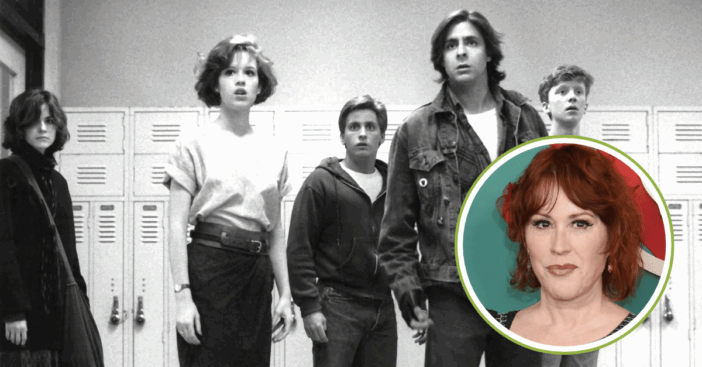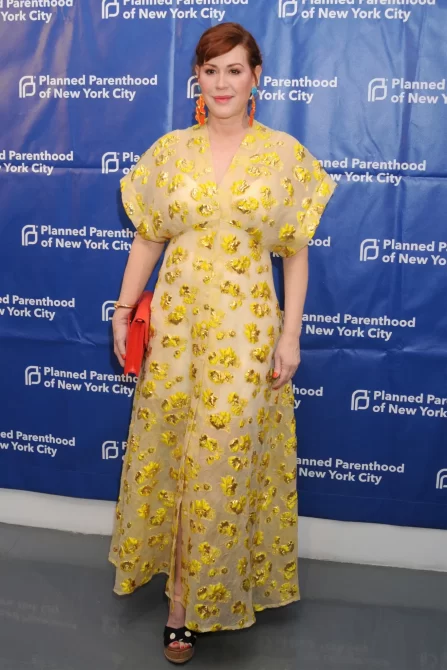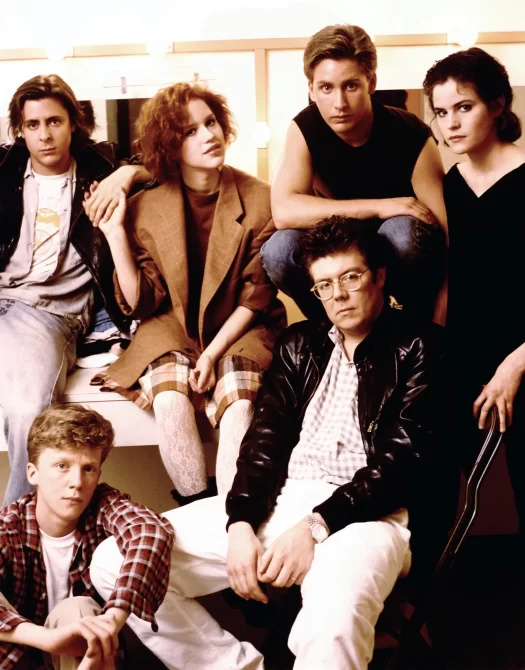
Molly Ringwald’s opinion about The Breakfast has sparked controversy online. Four decades after the teen classic premiered, the actress opened up about her perspective on the 1985 movie and a remake. While reflecting on its legacy and impact, she raised concerns about the film’s lack of diversity and how it aligns with modern values.
In a recent panel in Chicago, Ringwald joined co-stars Emilio Estevez, Judd Nelson, and Ally Sheedy to mark the movie’s 40th anniversary. Although many celebrate the reunion and the nostalgia it brought, Ringwald’s view on whether the movie fits into today’s cultural standards and society has attracted concern from fans.
Molly Ringwald
Molly Ringwald on The Breakfast Club: “it’s very white” pic.twitter.com/9RmcJecIcj
— Kyle Smith (@rkylesmith) April 13, 2025
For Ringwald, The Breakfast Club remains evergreen, but she believes it does not fully reflect the world young viewers live in today. During the anniversary discussion, she suggested that the movie should show its age in terms of ethnicity and gender. The story focuses on a group of teenagers who are, for the most part, white and straight, with little exploration of broader identities or social experiences.
Ringwald says this leaves out voices and perspectives essential in a more current version of the story. Rather than remake the original, she said she would rather see new stories that draw inspiration from the film’s themes but update the cast and context to more accurately mirror modern life.

Fans’ reaction
However, not everyone agreed with Ringwald’s point of view. On social media platforms like X, some users accused her of being overly critical of a movie many consider untouchable. Others fired back at her, calling it unnecessary to reframe older films through a modern lens. Despite the backlash, this is not the first time Ringwald has commented on how the film has aged.

In a 2024 interview, she mentioned rewatching The Breakfast Club with her daughter and realizing that certain scenes felt uncomfortable by today’s standards, especially those of her character Claire and Judd Nelson’s Bender. Over the years, Ringwald has continued to reflect on her work with John Hughes, whose movies helped define her early career, and has also become more vocal about the cultural shifts that have occurred since the film premiered.
